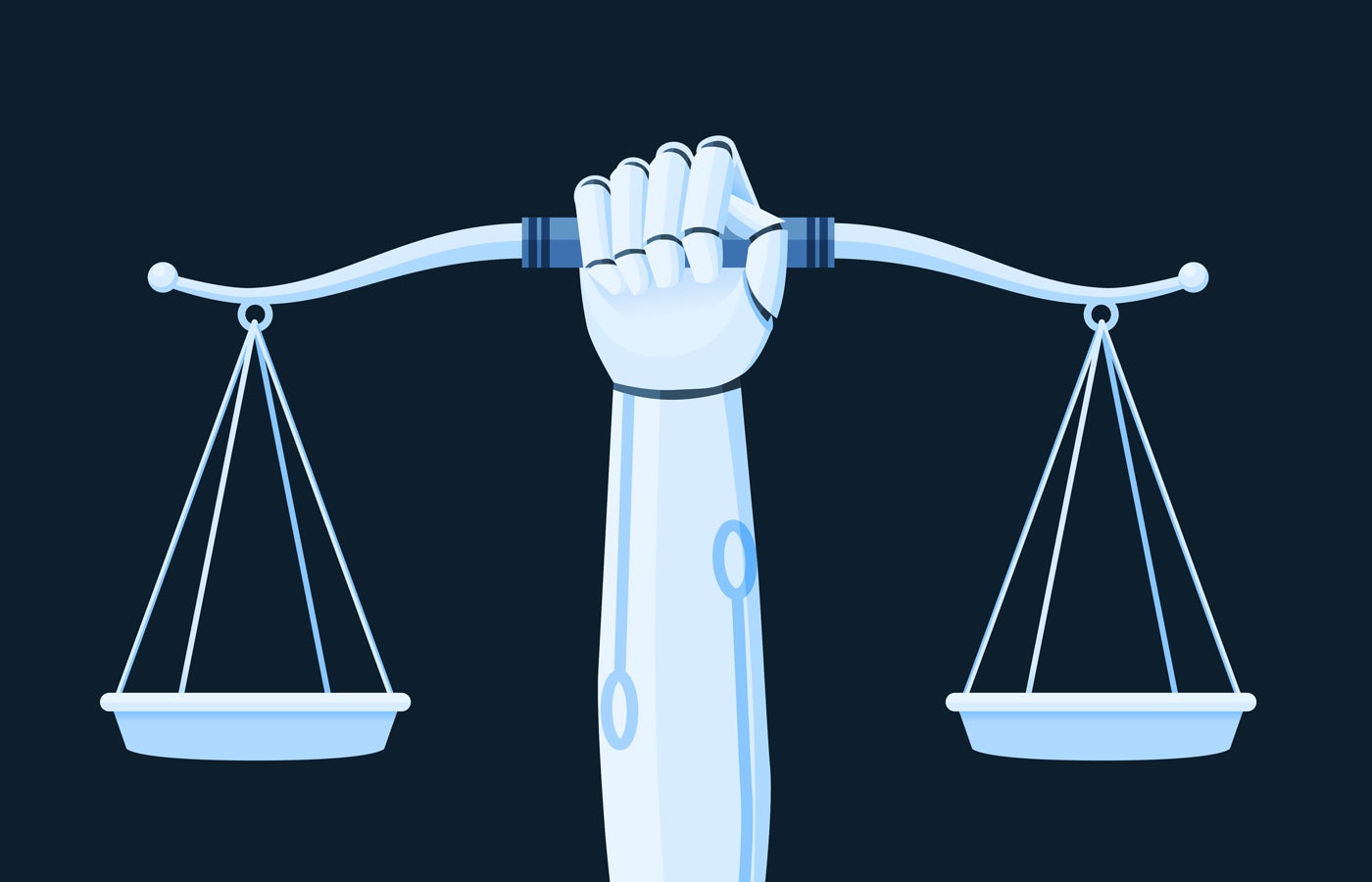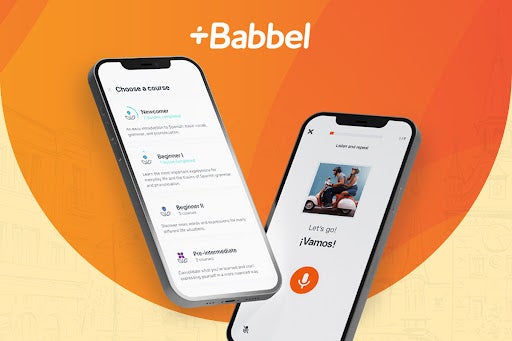

Australia’s private practice legal market is diving headlong into providing AI-assisted legal services. Leading brands such as Clayton Utz, Minter Ellison and Holding Redlich are signalling their first steps into the use of AI and their desire to scale up through 2024 and beyond.
Law firms are trialling AI for tasks including legal research and legal document drafting, supported by customised AI models trained on legal data. AI could speed up the provision of legal services, improve legal services costs and redirect lawyers to more complex matters.
Australia has a mature and highly innovative private practice legal market. It has been among the first legal markets in the world to see the potential of generative AI to accelerate and augment the provision of legal services to clients across the private and public sectors.
SEE: Here are some IT challenges Australia needs to address to seize the AI moment.
Though legal information services firms like LexisNexis and Thomson Reuters have been rolling out AI services in the U.S. market first, Australian law firms have been quick to trial them as they become available. They are also developing in-house AI models and approaches.
Clayton Utz is among the first law firms in Australia to trial Lexis+ AI, a new legal generative AI tool from LexisNexis, to generate drafts of legal documents and other communications. This follows other initiatives from the firm, including the use of Lexis+, an argument analyser, which can analyse legal documents and suggest improvements to a lawyer’s litigation strategy.
MinterEllison was one of only two Australian law firms that Microsoft invited to participate in its Copilot for Microsoft 365 Early Access Program. The firm is also building its own generative AI tools, including Chat with ME, a bespoke internal research LLM using OpenAI’s GPT-4 in the firm’s private and secure Microsoft Azure environment, among other internal initiatives.
Holding Redlich is another Australian firm trialling the drafting of legal documents and emails with Lexis+ AI. Using the tool in a similar way to Clayton Utz, Holding Redlich lawyers are able to prompt Lexis+ AI to create first drafts of documents, including advice to clients, as well as other common items like internal emails or court filings such as statements of claim.
Maddocks is the first Australian law firm in Australia to adopt legal AI assistant CoCounsel Core, developed by Thomson Reuters, which is in a proof-of-concept phase and has been rolled out to over 45 law firms in the U.S. Lawyers have been identifying use cases and experimenting, according to CEO David Newman, who said it could “modernise the way we work.”
Lander & Rogers, like MinterEllison, has adopted Microsoft Copilot to assist lawyers with tasks including contract drafting and review, legal research, legal reasoning, data extraction and analysis, and more generic use cases like emails and meeting summaries. The firm plans to adopt Copilot across the firm after testing and has also launched a dedicated AI lab.
There are many potential use cases for AI in law firms. Examples named by Microsoft include legal drafting, legal research and analysis, due diligence, summarisation and communications.
PREMIUM: Explore these other top use cases for AI.
Legal research and content generation are two key umbrella use cases for the legal profession.
Private practice law firms provide expert and commercial legal advice based on global and local published laws and regulations, as well as case law and precedents. They offer interpretations and opinions to support clients in making informed and compliant legal decisions.
AI is being fed this documented information, which could vastly cut down research time. For example, Lexis+ AI, built on Anthropic’s Claude 2 and OpenAI’s GPT-4, has been trained on LexisNexis’ database of 1.23 million court opinions, statutes, filings and secondary materials.
A large language model trained on a vast legal database is able to supply draft legal advice based on high-quality, real-world legal material. It can also deliver accurate citations that support the output delivered. Lawyers can then analyse and fine tune outputs for delivery to a client.
Legal research, which had been possible with some earlier AI tools, has now been augmented with generative AI to enable natural language and legal text generation. For law firms, this means the ability to generate everything from whole draft legal documents to client emails.
Lawyers will also be able to enter into conversations with generated text outputs. Through prompt engineering via conversational interfaces, they will be able to fine tune the generated outputs to optimise their advice before delivering them to end users like clients or courts.
Leading legal generative AI models are far-removed from the efforts of some lawyers who have been caught using hallucinated ChatGPT-sourced cases in court filings in the U.S. and Canada. Models are trained on vast troves of legal data, and techniques such as fine-tuning, retrieval-augmented generation and prompt engineering serve to create accurate responses:
Australia’s legal market is highly competitive. A number of large, mid-tier and boutique law firms compete for client relationships and new business in a range of lucrative practice areas, including corporate and mergers & acquisitions, media and telecommunications and litigation. The implementation of AI has the potential to change legal services in a number of ways.
The timeliness of legal advice is critical to supporting clients. The integration of AI could vastly speed up the ability of lawyers to research and analyse legislation and case law and deliver considered legal advice. Some local firms have witnessed hours shaved from some tasks.
SEE: Australia’s legal sector could learn from the CBA’s “experiments” with AI in banking.
“The ability to generate content — including client correspondence, contract terms, pleadings, legal advice memos and other documentation — represents an incredible opportunity for the legal profession to safely, securely and responsibly speed up routine legal work,” according to Microsoft’s report.
Law firms will increasingly be able to deliver accurate, relevant legal advice at a lower price point. The potential reduction in billable hours required from lawyers at the associate, senior associate and partner levels could result in a law firm price war and pressure on legal fees.
Law firms, whose partners in the Sydney market can earn $1.5 million per year, will be keen to hold on to the value of fees paid despite productivity improvements. They are likely to further shift billing towards value-based pricing rather than billing for the number of hours worked.
Australian law firms compete strongly for legal talent. Firms want to hire and retain the best lawyers and develop them into partners. Law firms that do not adopt AI tools risk losing lawyers to those who do because they may see this as the future of legal practice.
Lawyers work in a knowledge industry and are considered to be heavily exposed to generative AI. One report released by Goldman Sachs in early 2023 looked at the US market and found that up to 44% of the tasks lawyers do today could one day be automated with AI tools.
Australian law firm Holding Redlich was previously involved in a Turing test exercise that confirmed LexisNexis’ ‘argument analyser’ tool, Lexis+, could outperform a human at strengthening a lawyer’s submission by suggesting relevant case law to reference in it.
Law firms with AI will be employing super-lawyers, able to conduct many of the knowledge tasks that consume lawyers’ time. Lawyers may become more engaged in prompting and reviewing AI outputs, advising on more complex or emergent matters and building client relationships.
24World Media does not take any responsibility of the information you see on this page. The content this page contains is from independent third-party content provider. If you have any concerns regarding the content, please free to write us here: contact@24worldmedia.com

Google search boss Raghavan warns employees of ‘new operating reality’

The World’s Top-Grossing Language Learning App is Only $150

Chelsea want to negotiate terms for Victor Osimhen deal

Wall Street analysts pick these 3 dividend stocks for higher returns

Romelu Lukaku set for Chelsea return

Quantum Cloud Computing Secured in New Breakthrough at Oxford

5 things to know before the stock market opens Friday, April 19

Create Easy, Professional Websites with Mobirise for $80

London trio eyeing deal for Premier League striker
Liverpool tracking Egyptian winger Omar Marmoush